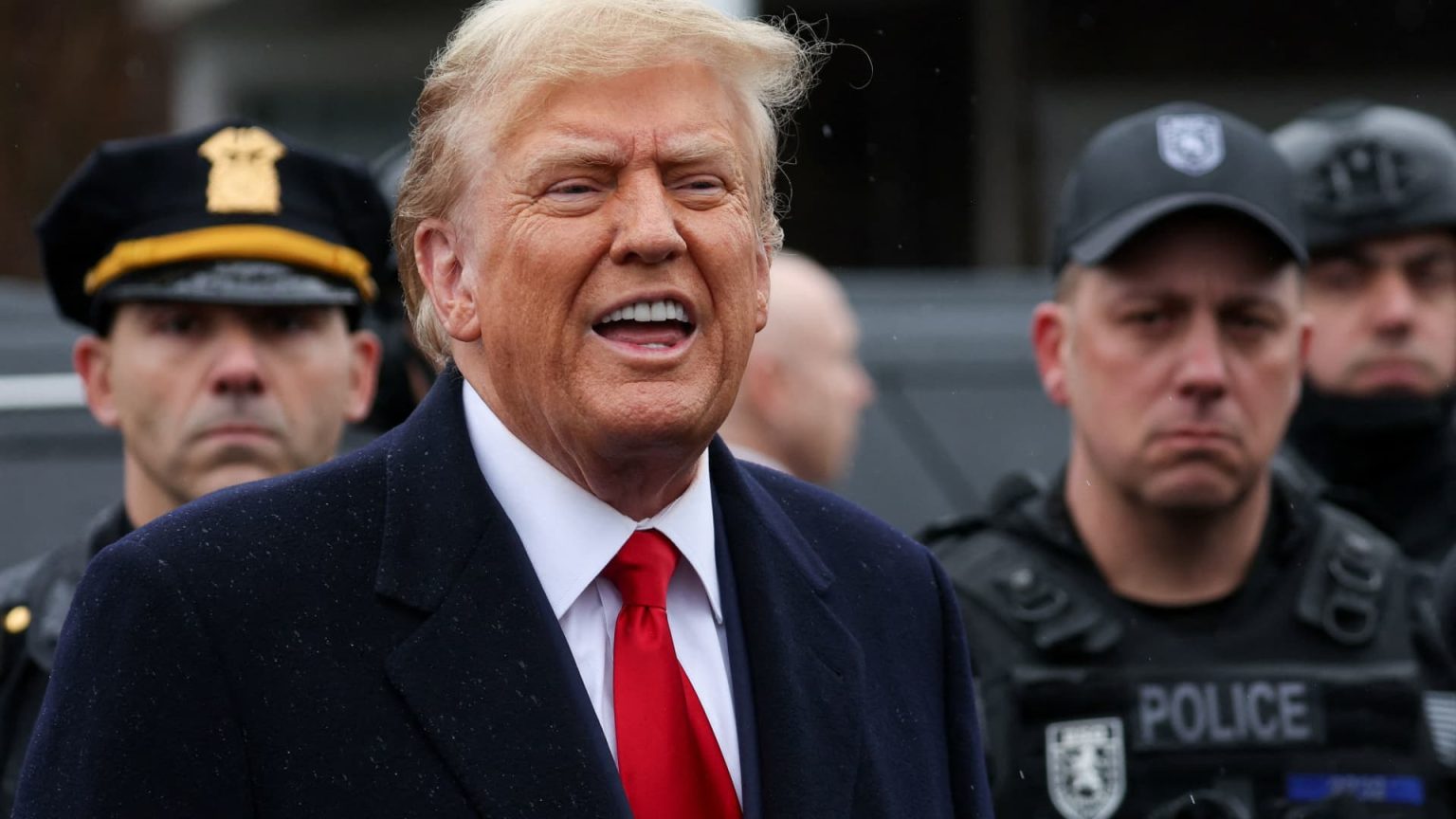Decades of trade deficits and a strong dollar in the U.S. economy have led to many “losers” who have turned to Donald Trump’s protectionist policies. Trump’s “America First” approach resulted in trade tariffs on various countries, including China and Mexico, aimed at protecting American industries. Trump has proposed a baseline 10% tariff on all U.S. imports and a minimum levy of 60% on imported Chinese products, which has sparked criticism from economists who believe that tariffs make imported goods more expensive for Americans.
Richard Koo, chief economist at the Nomura Research Institute, acknowledges that protectionism is a negative force but believes that Trump’s approach has some economic logic to it. Traditionally, free trade has been considered beneficial as the gains for winners outweigh the losses for losers. However, the U.S. has been running large trade deficits for the last forty years, creating more losers in the process. Koo argues that the exchange rate plays a significant role in this issue, as the strength of the U.S. dollar has incentivized foreign imports and hurt American exporting companies.
Koo points to a pivotal moment in 1985 when President Reagan faced a similar issue of a strong dollar and rising protectionism. Reagan responded by facilitating the Plaza Accord with other countries to depreciate the U.S. dollar, which helped alleviate some of the pressure on American companies. Koo suggests that economists need to move beyond the idea that the trade deficit is solely due to “too much investment” and “too few savings” in the U.S., as this approach would require remaining in a recession until domestic demand weakens enough for U.S. companies to export more goods—a scenario that would not be feasible in a democracy.
Koo emphasizes that the exchange rate plays a crucial role in determining the trade deficit, rather than just focusing on investment and savings. He points to past interactions with Japan, where American companies struggled to compete with their Japanese counterparts due to an unfavorable exchange rate. Reagan understood the importance of adjusting the exchange rate to protect American industries from foreign competition. Koo believes that taking actions to manage the exchange rate could help address the trade deficit and prevent the rise of protectionist policies like those implemented by Trump.
Overall, Koo highlights the importance of managing the exchange rate to prevent the growth of trade deficits and the emergence of protectionist policies in the future. By controlling the exchange rate, policymakers can protect American industries and prevent unfair competition from foreign countries. This approach could help address the root causes of trade deficits and reduce the number of “losers” in the economy who feel left behind by free trade policies.


